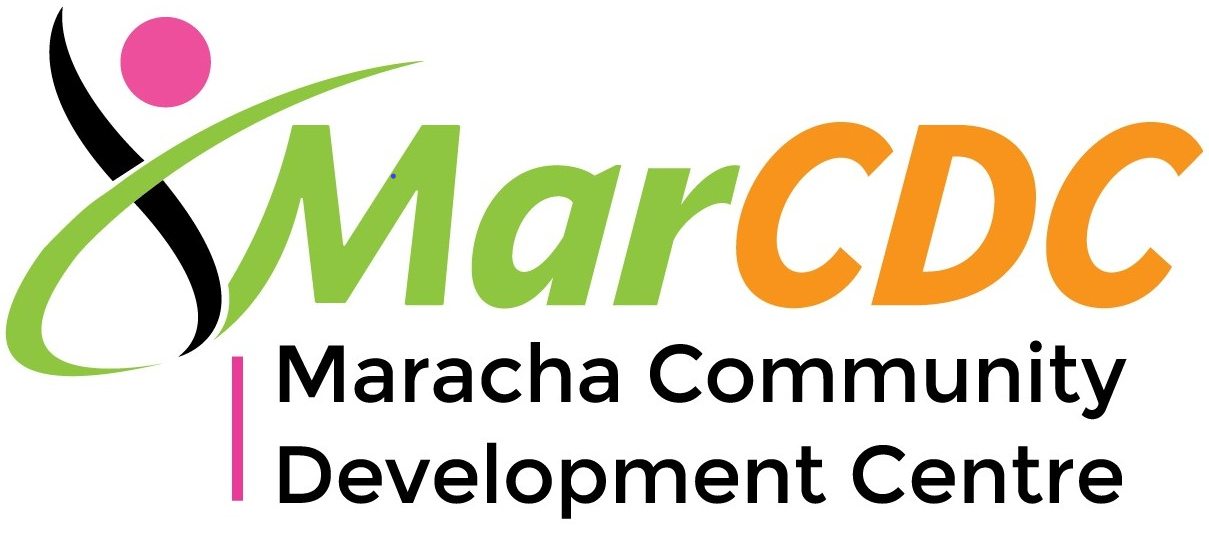Sustainable Agriculture


Sustainable Agriculture is an integrated system of plant and animal production practices having a site-specific application that will over the long term; satisfy human food and fibre needs, enhance environmental quality, sustain the economic viability of farm operations and enhance the quality of life for farmers and society as a whole. Sustainable agriculture can also mean the science, art and business enterprise in which the farmer manipulates environmental resources and orchestrates several inputs in amounts, quality, sequences and timing in order to bring about or create environmental conditions that favor the production of plant and/or animal products needed for fibre and other products without causing environmental degradation and decline in yields.
Sustainable Agriculture is a system synonymous with alternative agriculture, that systematically pursues the following goals:
- More thorough incorporation of natural processes such as nutrient cycles, nitrogen fixation and pest-predator relationships in to the agricultural production process.
- Profitable and efficient production with emphasis on improved farm management and conservation of soil, water, energy and biological resources.
- Reduction in the use of off-farm inputs with the greatest potential to harm the environment or the health of farmers and consumers.
- Greater productive use of the biological and genetic potential of plant and animal species.
- Improvement of the match between cropping patterns and the productive potential and physical limitations of agricultural lands to ensure long-term sustainability of current production levels.
Therefore, Maracha Community Development Centre (MarCDC) through its strategic plan always intends to achieve Sustainable Agriculture by appropriately linking Research to Farmers to ensure that there is knowledge, skill, understanding and technology for manipulating and dealing with:
- The physicochemical factors, such as soils, climate, moisture, day length, among others and the way they change and interact so that they can be manipulated or given due consideration in efforts aimed at creating favorable conditions.
- The biological elements of the production system in terms of crops and/or animals whose products are required in relation to their interaction in the agro ecosystem with weeds, pests, and even beneficial and non-beneficial organisms that shapes their environment.
- Providing appropriate technologies at the disposal of the farmer.
- The economic viability and ecological soundness, based on the farmer’s managerial ability and operational cost-effectiveness, market and pricing structure, with respect to maintenance of environmental quality, prevailing infrastructure and policy environment.
Maracha Community Development Centre (MarCDC) ensures that agricultural practice in Drambu Community is concerned with natural systems that regenerate and adapt to changing conditions, reducing pollution and environmental degradation while building healthier and modern farming systems.
We are working with Smallholder farmers comprising of women, men and the youth in Maracha District with great hope of transforming their livelihoods for the better. There are over 500 million smallholder farms worldwide and more than 2 billion people depend on them for their livelihoods. These small farms produce about 80% of the food consumed in Asia and sub-Saharan Africa.
Therefore, in our years of working in agriculture and rural development, three things have become increasingly evident.
- That farming at any scale is a business, and smallholders and producers must be treated as entrepreneurs.
- That businesses need clear linkages along the value chain, from production to processing, marketing and, ultimately, to consumption. When these links are in place, wonderful things begin to happen.
That empowered smallholder farmers can actually feed the worlds ever increasing population sufficiently.
